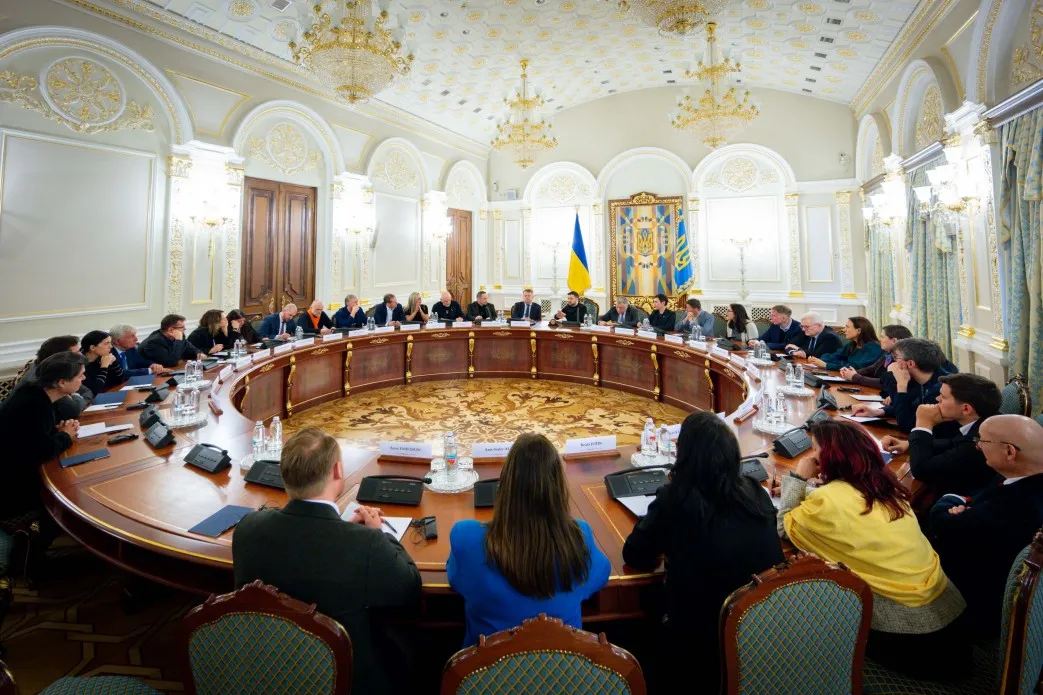The ornate G7 this year is being hosted by Germany in the scenic Bavarian Alps, but despite all their manicuring of their images and fanciful ceremony, the talks did not succeed in corralling the developing country leaders they had invited to join them on Day 2 of their summit into supporting the G7 crusade against “autocrats” Russia and China. Their guests were the heads of state and government of Argentina, India, Indonesia, Senegal and South Africa, who had all just attended the BRICS-Plus summit, with its spirited discussion of a far different agenda.
It’s no secret that the five leaders have not bought into the blanket attacks on Russia over the conflict in Ukraine, and all hold Western sanctions at least equally—if not more so—responsible for the growing food and fertilizer crisis affecting their nations. So Western leaders opted to soften their tone rather than lose face by losing a fight with the developing nations’ leaders on those issues. German Chancellor Olaf Scholz admitted today that those countries “see the war in Ukraine from different perspectives, everyone knows that … that’s why it’s important that we speak to each other about it and exchange our respective points of view.”
To the promise of a new $600 billion infrastructure-building initiative was added a promise for helping the supposed “green energy” transition, because, of course, “the democracies of the future are to be found in Asia and Africa,” Scholz beckoned. But is anyone buying it? Are these investments going to increase their productive powers, or help raise their populations out of poverty? The declaration issued out of the joint G7-five leaders meeting was titled “Joining Forces To Accelerate Clean and Just Transition towards Climate Neutrality"; it detailed the “decarbonization” Malthusian outlook developed by the Paris Climate Accords and last year’s COP26 at Glasgow.
The guests were not very interested in being lectured. Take Alberto Fernández of Argentina, who said in his speech to the G7: in “Latin America and the Caribbean we don’t dream about a new Marshall Plan. We never had one. But we do dream of a new international order in which efforts are balanced and advantages are distributed according to criteria of equality. We dream of not being discriminated against by advanced nations, and condemned to marginalization and oblivion.” He spoke about how Argentina had condemned the military operation in Ukraine from the beginning, and how it has tragically destroyed fragile food and supply chains, but insisted, “now we need to promote dialogue between the parties involved.”


